The University of Chicago Press, Chicago 60637
The University of Chicago Press, Ltd., London
2018 by The University of Chicago
All rights reserved. No part of this book may be used or reproduced in any manner whatsoever without written permission, except in the case of brief quotations in critical articles and reviews. For more information, contact the University of Chicago Press, 1427 E. 60th St., Chicago, IL 60637.
Published 2018
Printed in the United States of America
27 26 25 24 23 22 21 20 19 18 1 2 3 4 5
ISBN -13: 978-0-226-54446-5 (cloth)
ISBN -13: 978-0-226-54463-2 (e-book)
DOI : https://doi.org/10.7208/chicago/9780226544632.001.0001
Library of Congress Cataloging-in-Publication Data
Names: Sawyer, Stephen W., 1974author.
Title: Demos assembled : democracy and the international origins of the modern state, 18401880 / Stephen W. Sawyer.
Description: Chicago ; London : The University of Chicago Press, 2018. | Includes bibliographical references and index.
Identifiers: LCCN 2017033932 | ISBN 9780226544465 (cloth : alk. paper) | ISBN 9780226544632 (e-book)
Subjects: LCSH : State, The. | DemocracyUnited States. | DemocracyFrance.
Classification: LCC JC 201 . S 388 2018 | DDC 320.94409/034dc23 LC record available at https://lccn.loc.gov/2017033932

This paper meets the requirements of ANSI / NISO Z 39.481992 (Permanence of Paper).
A history, like democracy, is a process. It is therefore as much a point of departure as an end. As we look around the world at the state of our contemporary democracies, as we search for perspective on our current political, social, and economic state, finding resources for coming to grips with our democratic condition seems as urgent as ever. This book seeks to contribute to this ongoing, indeed permanent, interrogation by exploring a period in the mid-nineteenth century, following the wave of revolutions in the late 1840s, when democracy was similarly triumphant and troubled.
This book has emerged through a practice of discussing, reading, researching, and writing in these unsettled times. While the past provides no answers for our current condition, the ideas in this book have formed in debate of the present and the historical through assembly and conference. Constructive exchange and the formation of judgments thus requires institutions as well as individuals.
In this regard, I must thank the American University of Paris for its support of academic research and dedication to an unprecedented and vital form of international teaching. A year as fellow with the Neubauer Collegium at the University of Chicago and a semester at the Institute for Historical Studies at the University of TexasAustin also afforded me the time to complete an early version of this manuscript.
It would of course be impossible to thank all of the individuals who have engaged, contradicted, and encouraged the ideas in these pages, those who have bridged the gap between the formulations of the problem of our current crisis and the historical assembling of the democratic. But since writing is acting, just as thinking is representing, a thanks to my interlocutors is as essential as the commitment to uncovering the voices of the nineteenth century. Long discussions within our group on the transnational history of the nineteenth century including Nicolas Delalande, David Todd, Franois Jarrige, Blaise Wilfert, Rahul Markovits, Anne-Sophie Bruno, Manuel Covo, Jean-Numa Ducange, Pierre Singaravlou, and in particular Quentin Deluermoz, whose insightful comments on earlier drafts of chapters were invaluable, have been central to my thinking about how to approach nineteenth-century French history. The entire editorial team of the Annales: Histoire, Sciences Sociales, and in particular Etienne Anheim, Anne Simonin, Antoine Lilti, Jean-Yves Grenier, Romain Bertrand, Nicolas Barreyre, Laurent Thvenot, Camille Lefebvre, Guillaume Calafat, Vanessa Carn, Michael Werner, Antonella Romano, Andr Burgire, and Jacques Revel have provided an extraordinary set of interlocutors. The board of the Tocqueville Review, and in particular Franoise Melonio, Arthur Goldhammer, Olivier Zunz, Jennifer Merchant, Michel Fors, Catherine Audard, and Laurence Duboys-Fresney, have been central to my rethinking of Tocqueville. Without Tim Mennel at the University of Chicago Press, Jo Ann Kisers expert editing, and the anonymous reviewers of the manuscript, this book would not have been possible.
Regular discussions with Elisabeth Clemens and Gary Gerstle have given me deep new insights into the history and sociology of the state. I thank Jan Goldstein for her encouragement to pursue this project and her tremendous contributions to its development as editor of JMH. Pierre Rosanvallon has offered a consistent model of academic rigor and political engagement. I thank Stphane Van Damme who has provided key insights into historical methodology and been a consistent source of support. I am also grateful to William Sewell, Claire Lemercier, Steve Pincus, Alexia Yates, Pauline Peretz, Aaron Hill, Olivier Cayla, Bernard Harcourt, Sung-eun Choi, Paul Godt, Serge Hurtig, Serge Audier, Daniel Steinmetz-Jenkins, and Iain Stewart. I offer a special thanks to my colleagues at AUP. Celeste Schencks support has been invaluable. I thank Oliver Feltham, Peter Haegel, Jayson Harsin, Albert Wu, Michelle Kuo, Geoff Gilbert, and Miranda Spieler and the administrative staff, in particular Scott Sprenger, Christine Tomasek, and Brenda Torney, for their camaraderie and intellectual stimulation throughout the writing of this book.
Careful and thoughtful readers are as hard to find as they are invaluable. In this regard, I thank Michael Behrent and George Shulman, who gave me cherished comments in the last stages of the manuscript. Steven Englund provided precious insights to early versions of some of these chapters. Andrew Jainchills comments on this manuscript were a model of insight and justesse that informed many of my ideas at every stage as the book took shape. I have cherished my discussions with Vincent Duclert, who is exemplary in his intellectual vitality and generosity. And I have had the great fortune of benefiting from Alain Chatriots unrivaled precision, acumen, and friendship throughout this endeavor.
There are those whose impact runs so deep that one finds camaraderie and stimulation even in attempting to give expression to the most inextricable thought. More than books, such interlocutors give birth to projects. They sustain a life of engagement, interrogation, and fellowship. I have had the extraordinary opportunity to find two such colleagues and friends in Bill Novak and Jim Sparrow.
Nor does the democratic always respect a neat separation between public and the private. I thank the Wright family, William H. Sawyer, and my mother, Carol R. Dunn, who inspired my love of France and made it possible for me to become a historian just as she remains a constant source of encouragement. And stories can begin at unexpected times and in improbable places: Le Roc, with Genevieve, Jean-Pierre, and Claire, is the most solid ground one could imagine.


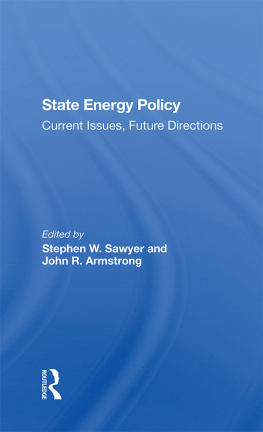
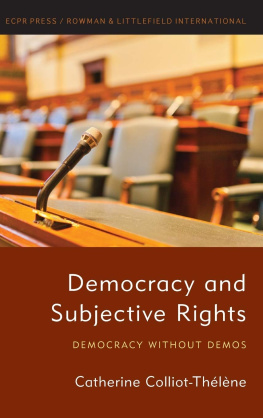


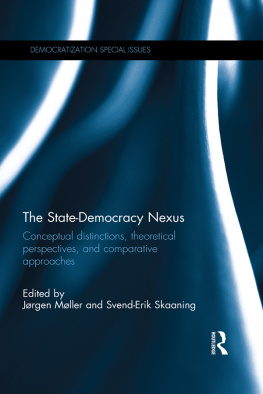
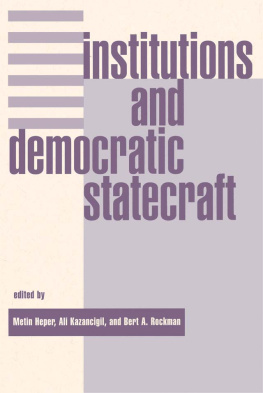
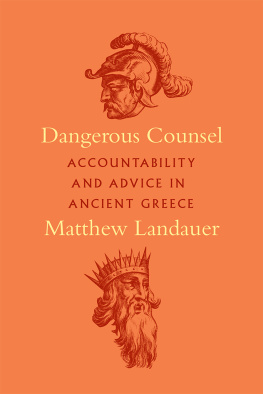
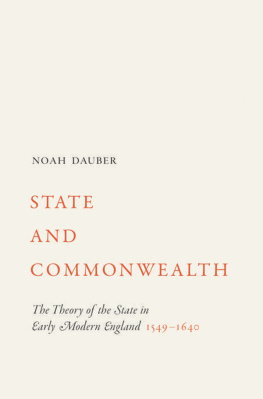
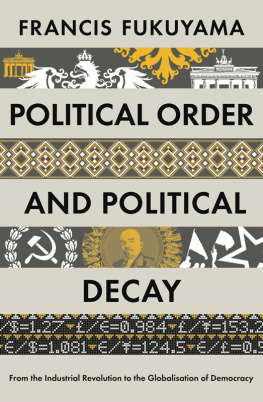


 This paper meets the requirements of ANSI / NISO Z 39.481992 (Permanence of Paper).
This paper meets the requirements of ANSI / NISO Z 39.481992 (Permanence of Paper).